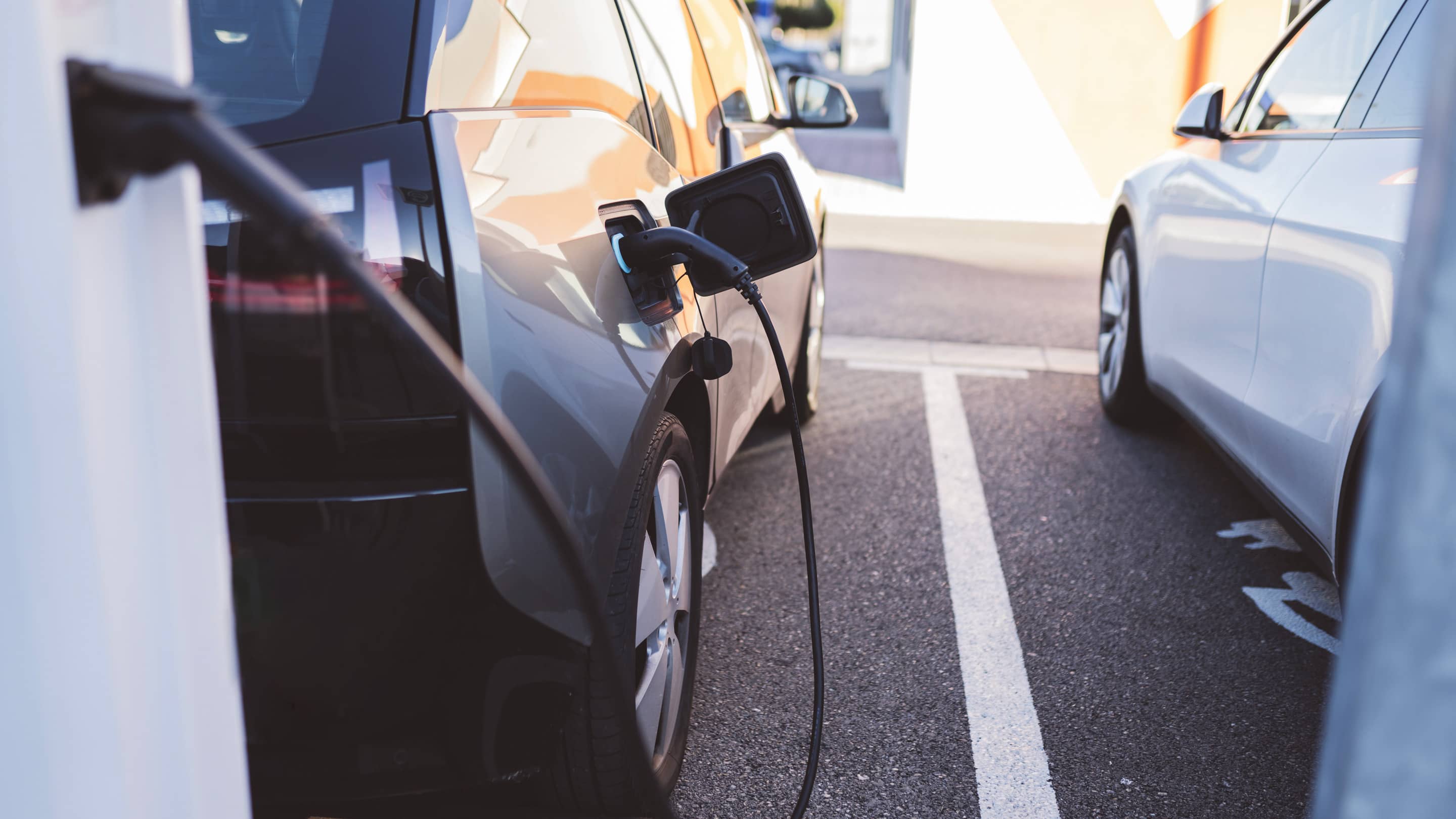 The demand for fully electric vehicles in Europe seems to be hitting a roadblock, as a new report from the European Union’s main lobbying and standards group for the automobile industry reveals. While the battery-electric car market in Europe experienced a robust growth rate of 53.8 percent in the first half of 2023 compared to the previous year, that growth has slowed significantly in the first half of 2024, reaching a near-flat rate of only 1.3 percent. This represents a staggering 52.5 percentage point decrease in growth compared to the same period last year.
The demand for fully electric vehicles in Europe seems to be hitting a roadblock, as a new report from the European Union’s main lobbying and standards group for the automobile industry reveals. While the battery-electric car market in Europe experienced a robust growth rate of 53.8 percent in the first half of 2023 compared to the previous year, that growth has slowed significantly in the first half of 2024, reaching a near-flat rate of only 1.3 percent. This represents a staggering 52.5 percentage point decrease in growth compared to the same period last year.
The sluggish pace of growth in the EU’s battery-electric vehicle demand is particularly concerning when compared to the overall increase in new vehicle registrations, which saw a 4.5 percent rise, according to the latest report from the European Automobile Manufacturers Association (ACEA). In fact, registrations of battery-electric cars actually declined by 1 percent in June 2024 compared to the same month in the previous year, while plug-in hybrids experienced an even steeper drop of 19.9 percent. The only powertrain category that saw growth was hybrid-electric vehicles, which enjoyed a year-over-year increase of 26.4 percent in June.
Interestingly, demand for diesel and gasoline cars remained relatively stable in June 2024, with gas-powered car registrations falling by only 0.7 percent and diesel vehicle registrations dropping by 0.9 percent compared to the same month in the previous year.
These findings align with the recent observations made by JATO Dynamics, an automobile market intelligence and analytics firm. According to JATO Dynamics’ report on July 18, Europe’s growth in the electric vehicle market is becoming more moderate and has yet to reach pre-pandemic levels. This slower growth can be attributed to a more complex operating environment, including stringent emissions regulations, rising vehicle prices, and barriers to the adoption of electric cars. Felipe Munoz, a global analyst at JATO Dynamics, stated, “Since the semiconductor shortage, electric vehicles have been the main driver of growth.”
However, the report from JATO Dynamics also raises concerns about the deceleration in demand for battery-electric and plug-in hybrid vehicles. Munoz describes this trend as “worrying.” Additionally, the recent decision by EU authorities to impose additional tariffs on China-made electric vehicles is expected to further impact the market. Cheap electric vehicle imports from China have been instrumental in driving growth, and without these competitive prices, consumers may face higher costs, potentially leading to a decline in demand in the coming months.
The EU’s decision to impose tariffs on Chinese-made electric vehicles follows President Joe Biden’s announcement in May to increase duties on electric vehicles shipped from China by 100 percent, a significant jump from the previous 25 percent duty. This move indicates a growing concern among global leaders regarding the impact of Chinese electric vehicles on their domestic markets.
In conclusion, the European demand for fully electric vehicles is experiencing a significant slowdown. The growth rate has plummeted from 53.8 percent to just 1.3 percent in the first half of 2024, highlighting the challenges faced by the industry. The decline in demand for battery-electric and plug-in hybrid vehicles is concerning, especially considering the overall increase in new vehicle registrations. Factors such as emissions regulations, rising vehicle prices, and barriers to adoption are contributing to this deceleration. Furthermore, the imposition of tariffs on China-made electric vehicles by both the EU and the US adds another layer of complexity to the market. As the industry navigates these challenges, it remains to be seen how the demand for electric vehicles in Europe will evolve in the coming months and years.
